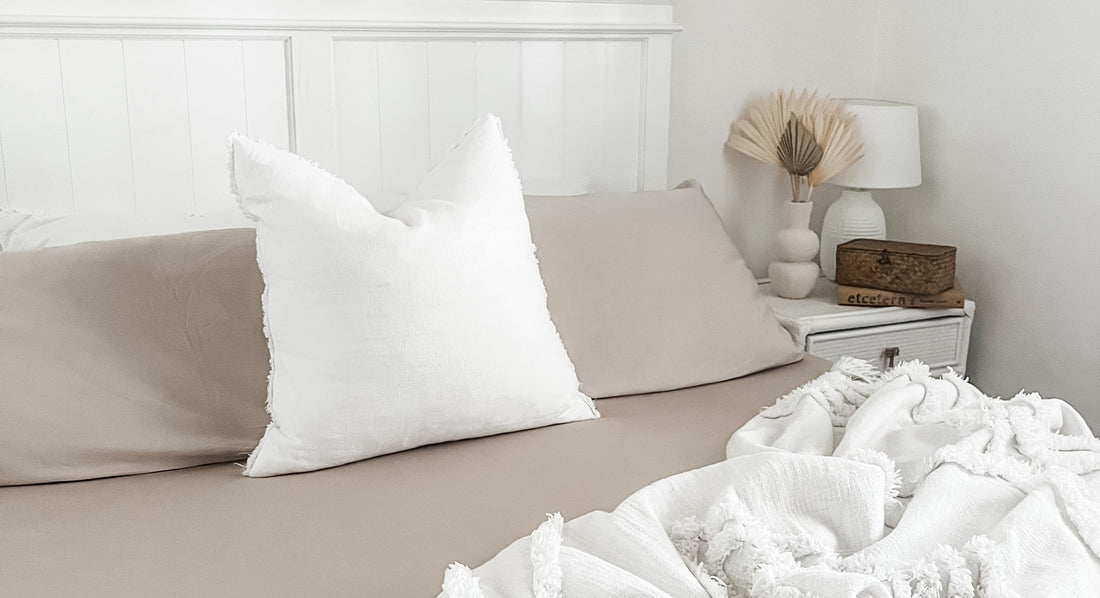When it comes to maintaining a clean and healthy sleeping environment, one often overlooked aspect is the regularity of changing and washing your bed sheets. We spend approximately one-third of our lives in bed, so it's crucial to understand the importance of clean sheets for our overall well-being.
In this blog post, we will delve into the question of how often you should change and wash your sheets, offering valuable insights and recommendations for maintaining optimal hygiene in your bedroom.
Factors to Consider
Before establishing a specific timeline, it's essential to consider several factors that can influence the frequency of sheet changes. These factors include:
- Personal Hygiene: Your personal hygiene practices, such as showering before bed and avoiding sweaty activities, play a role in determining how quickly your sheets become soiled.
- Allergies or Skin Conditions: If you suffer from allergies, sensitive skin, or certain skin conditions, you may need to change your sheets more frequently to minimize potential irritants or allergens.
- Environmental Factors: Climate, humidity levels, and air quality in your region can impact the accumulation of dust, allergens, and other particles on your sheets.
General Recommendations
While individual circumstances may vary, the following guidelines can help you determine how often to change and wash your sheets:
- Weekly Changes: It is generally advisable to change your bed sheets at least once a week. This frequency allows you to maintain cleanliness and minimize the build-up of sweat, dead skin cells, and dust mites.
- Active Individuals: If you lead an active lifestyle, perspire heavily during sleep, or have oily skin, consider changing your sheets more frequently—around two to three times per week.
- Allergies or Skin Conditions: If you suffer from allergies, asthma, eczema, or other skin conditions, changing your sheets every three to four days may help alleviate symptoms by reducing exposure to potential triggers.
- Pets: If you share your bed with furry companions, changing your sheets more often may be necessary due to pet dander, fur, or other allergens they may carry.
Washing Recommendations
To ensure effective cleaning, follow these washing recommendations for your bed sheets.
Most bed sheets can be washed in warm water (around 40°C/104°F) to effectively remove dirt, sweat, and allergens. However, always refer to the care label instructions for specific temperature recommendations.
Opt for a mild, fragrance-free detergent to minimize the risk of skin irritation or allergic reactions.
After washing, tumble dry your sheets on a moderate heat setting or line dry them in the sun if weather permits. Avoid over-drying, as it can cause fabric damage or wrinkles.
You can read more about storage recommendations with this OLARA guide.
Additional Tips for Maintaining Clean Sheets
Invest in a quality mattress protector to safeguard your mattress from spills, stains, and allergens, reducing the need for frequent deep cleaning.
By keeping your bedroom free of dust, you can prevent particles from settling on your sheets, extending the time between washes.
Lastly, consider having multiple sets of bed sheets, allowing you to rotate them regularly. This practice helps reduce wear and tear on individual sets and ensures you always have a fresh set available.



